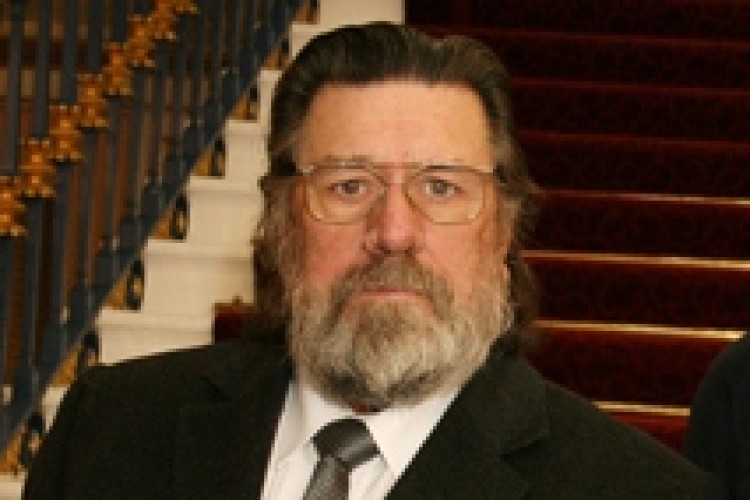The Criminal Cases Review Commission has referred to the Court of Appeal the convictions of a further six members of the Shrewsbury 24.
This follows the eight Shrewsbury cases referred for appeal by the CCRC on 4th March this year. All are men and all are at least in their seventies; several are deceased.
The six cases now added to the review are Eric ‘Ricky’ Tomlinson and George Arthur Murray as well as Alfred James, Samuel Roy Warburton, Graham Roberts and John Kenneth Seaburg. The last four applicants are deceased and applications to the CCRC were made on their behalf by relatives.
In 1972 Ricky Tomlinson, now better known as Jim Royle from The Royle Family, was a plasterer and was involved in organising a national strike of building workers in a bid to end the lump labour scheme. He was one of 24 building workers who picketed building sites in Shrewsbury during the dispute. Demonstrations were heated and accusations of vandalism and intimidation were made. All were prosecuted, and six were imprisoned – including Mr Tomlinson – in what has since become widely considered a politically-motivated prosecution designed to suppress union activity in the construction industry.
The Shrewsbury pickets were convicted of a range of offences such as unlawful assembly, conspiracy to intimidate; affray and threatening behaviour. All but one pleaded not guilty and all were convicted. The sentences imposed varied from three years’ imprisonment to three month’s imprisonment suspended for two years.
The government has consistently refused to publish its documents on the case, citing national security, which has added fuel to the conspiracy theory.
In 2012 the CCRC received applications from 10 members of the Shrewsbury 24 but after a lengthy investigation decided in October 2017 that it could not refer those convictions for appeal.
Eight of the 10 appealed; Ricky Tomlinson and George Arthur Murray withdrew from the action.

In March 2020 the Criminal Cases Review Commission referred for appeal the conviction of all eight: John McKinsie Jones, John Malcolm Clee, William Michael Pierce, Terence Renshaw, Patrick Kevin Butcher and Bernard Williams – as well as Kenneth Desmond Francis O’Shea and Dennis Michael Warren who are both deceased.
Messrs Tomlinson and Arthur were then advised by the CRCC that should they reapply it, their approval would be a formality. They did, along with representatives of four deceased pickets, meaning that a total of 14 cases are to be heard, although only eight of the men are still alive.
The CCRC changed its position on the case after new evidence was found consisting of a note dated 17th September 1973 that revealed that some original statements had been destroyed. Neither this note, nor the fact that statements were destroyed, was disclosed to the defence at the time of the original 1974 trial or at any time thereafter.
The commission has also been swung by the argument that fair trials were impossible given the prevailing political and atmosphere. A polemic television documentary on the affair, called Red under the bed, presented by Woodrow Wyatt, was broadcast on the evening that the jury retired to consider its verdict in the trial of the first six pickets.
The CCRC said that it has decided to refer the cases for the Court of Appeal because it now considers that the new evidence “creates a real possibility the Court of Appeal will quash the convictions”.
CCRC chairman Helen Pitcher said: “Our review of these cases was detailed and thorough but we reached a view in 2017 that in spite of our considerable efforts we did not have grounds to refer the case.
“We looked long and hard again at the specific issues in play. It was by no means a foregone conclusion that we would change our original decision, but in the end we have decided there is now enough to refer these cases. These are complex matters of judgment and not precise calculations. Some will think this has not been the commission’s finest hour, but it does at least show that we are an organisation that can revisit a decision impartially and where necessary change its mind. It will now be for the Court of Appeal to hear the appeals and decide whether or not to quash these convictions.”
Due to the Court of Appeal’s backlog, an appeal hearing is not expected until the end of the year.
Got a story? Email news@theconstructionindex.co.uk



